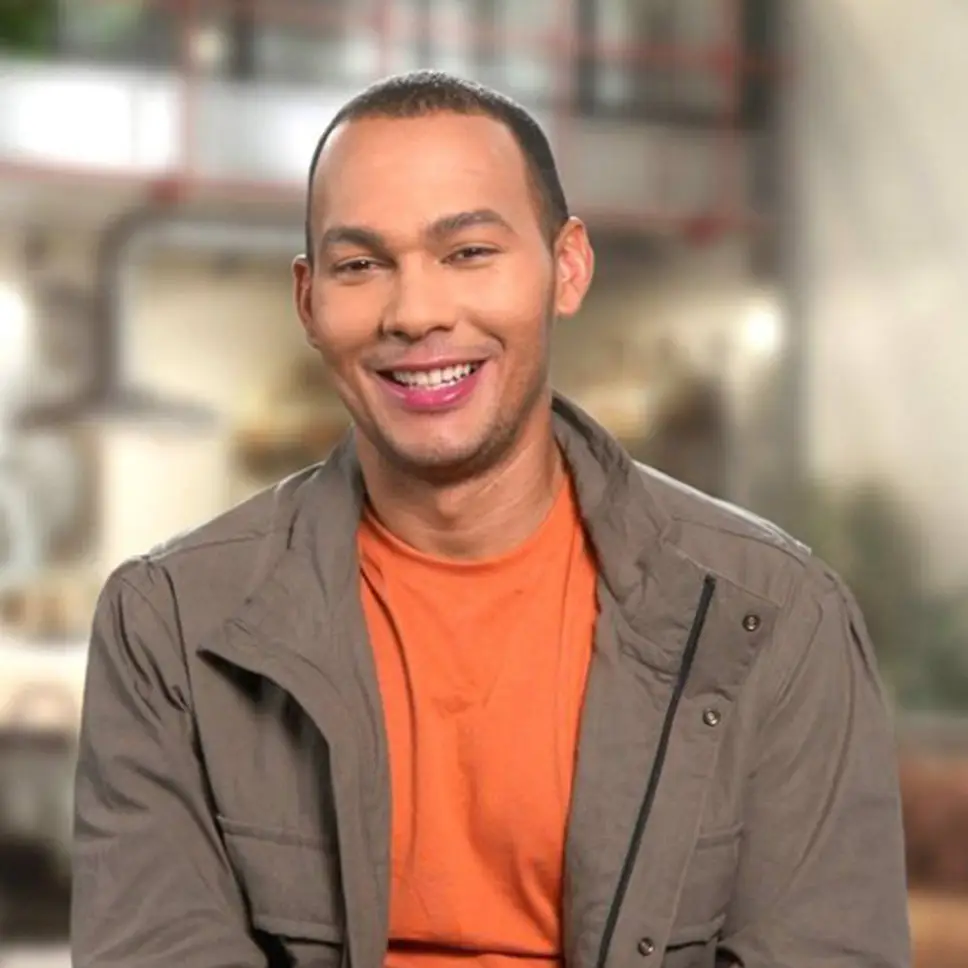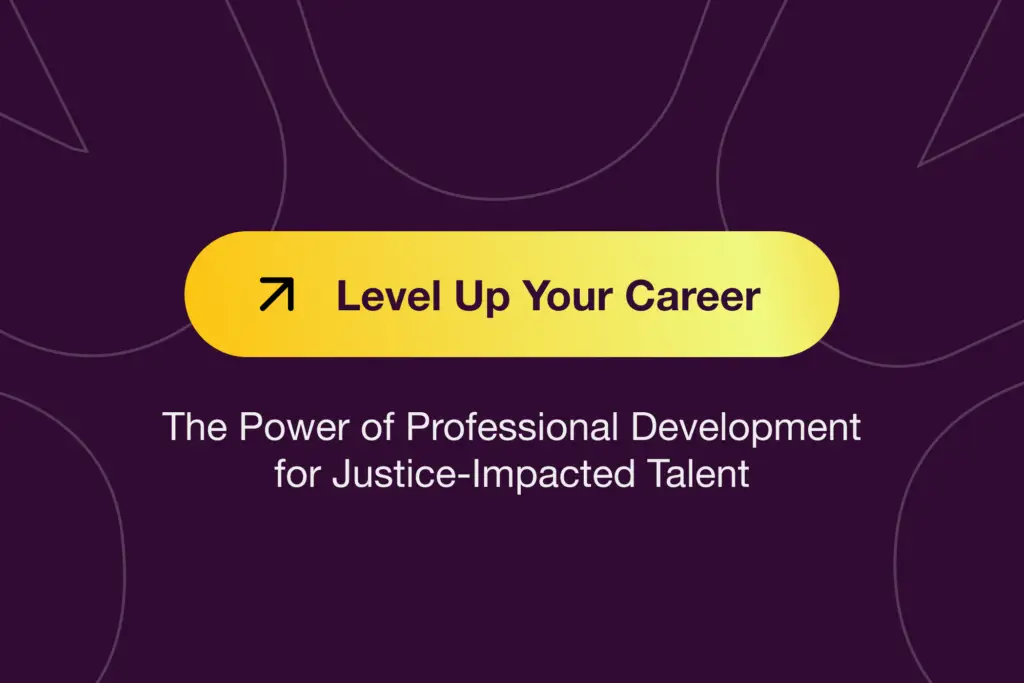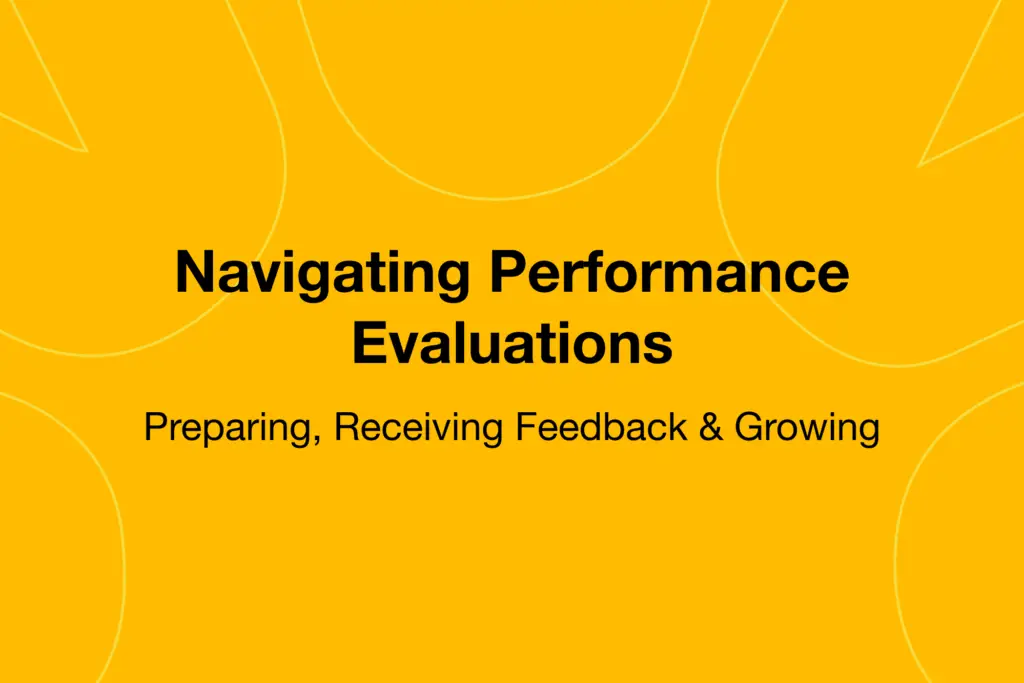When people think about getting a job, technical skills often come to mind first—knowing how to code, operate machinery, or manage spreadsheets. While these skills are important, they’re only part of what employers are looking for. The other, equally critical side? Durable skills, often referred to as soft skills. These are the personal and interpersonal skills that help you communicate, collaborate, and thrive in the workplace.
For justice-impacted talent, durable skills are a powerful way to stand out and succeed. They show employers that you’re ready to adapt, grow, and contribute meaningfully to their team. The good news? You already have many of these skills—you just need to recognize, refine, and apply them.
What Are Durable Skills?
Durable skills are less about what you know and more about how you work. They include:
- Emotional Intelligence: Understanding and managing your emotions while empathizing with others.
- Communication: Expressing yourself clearly, listening actively, and understanding others.
- Teamwork: Collaborating effectively and resolving conflicts with colleagues.
- Adaptability: Staying flexible and open to change.
- Problem-Solving: Thinking critically and finding solutions to challenges.
- Time Management: Organizing your tasks to meet deadlines and priorities.
Why Are Durable Skills Essential?
In today’s workplace, employers value durable skills because they impact everything from workplace culture to productivity. Here’s why they’re so important:
- Team Collaboration: Most jobs require working with others. Strong durable skills make collaboration easier and more effective.
- Customer Relations: In roles where you interact with customers, communication and empathy are vital for building trust and satisfaction.
- Leadership Potential: Employers see durable skills as indicators of your ability to grow into leadership roles.
- Adaptation to Change: As industries evolve, employees with adaptability and problem-solving skills are more likely to thrive.
How to Assess Your Durable Skills
Take some time to reflect on your personal and professional experiences. Ask yourself:
- Which skills come naturally to me?
- For example, do people often compliment your ability to stay calm under pressure or your ability to explain things clearly?
- What challenges have I faced, and how did I handle them?
- Problem-solving, teamwork, and resilience often emerge in difficult situations.
- What feedback have I received from others?
- Supervisors, coworkers, or friends may have pointed out strengths like your dependability or ability to listen.
Identifying Areas for Growth
Nobody is perfect in every area, and that’s okay! Identify where you’d like to improve. For example:
- If you struggle with public speaking, practice communicating in smaller settings and gradually build confidence.
- If you find time management challenging, explore tools like to-do lists or time-blocking techniques.
How To Develop Durable Skills
- Learn Through Experience
Durable skills are best developed through practice. Volunteering, freelancing, or taking on part-time work can help you build and refine skills like teamwork and communication. - Take Online Courses
Platforms like Coursera, LinkedIn Learning, or Skillshare offer courses on emotional intelligence, conflict resolution, and other durable skills. - Join a Group or Community
Being part of a team, whether it’s a community organization or a support group, helps you practice collaboration and interpersonal skills in a real-world setting. - Seek Feedback
Ask mentors, coworkers, or friends for honest feedback on your strengths and areas to improve. Use their insights to guide your growth. - Practice Active Listening
Start by focusing on conversations. Pay full attention, ask clarifying questions, and summarize what you’ve heard. This not only strengthens your communication but also builds trust with others.
Durable Skills You Likely Already Have
Justice-impacted talent often develop strong durable skills through life experiences. Consider these examples:
- Resilience: Overcoming challenges and setbacks shows strength and adaptability.
- Problem-Solving: Navigating obstacles has likely sharpened your critical thinking.
- Empathy: Facing personal challenges can enhance your ability to understand and connect with others.
These are valuable skills—don’t underestimate them! Employers value team members who bring perspective, determination, and a commitment to growth.
Durable Skills in Action

Consider the story of Coss Marte, who turned his experiences into a business by founding ConBody, a fitness company inspired by prison-style workouts. Marte’s ability to connect with others, inspire his clients, and communicate his vision helped him build a thriving business that not only supports his community but also challenges perceptions of justice-impacted individuals. His resilience, adaptability, and leadership skills were key to his success.
Your Next Steps
Durable skills are like muscles: the more you use and train them, the stronger they become. By recognizing your strengths, addressing areas for growth, and practicing consistently, you’ll be equipped to thrive in any workplace.
At Talent Nova, we’re here to support you on this journey. Whether you’re just starting or looking to sharpen your skills, we provide resources and guidance tailored to your success.
Call to Action
Ready to refine your durable skills and build a brighter future? Join Talent Nova today to access resources, tools, and a community that believes in your potential. Together, we’ll help you succeed in the modern workforce.


